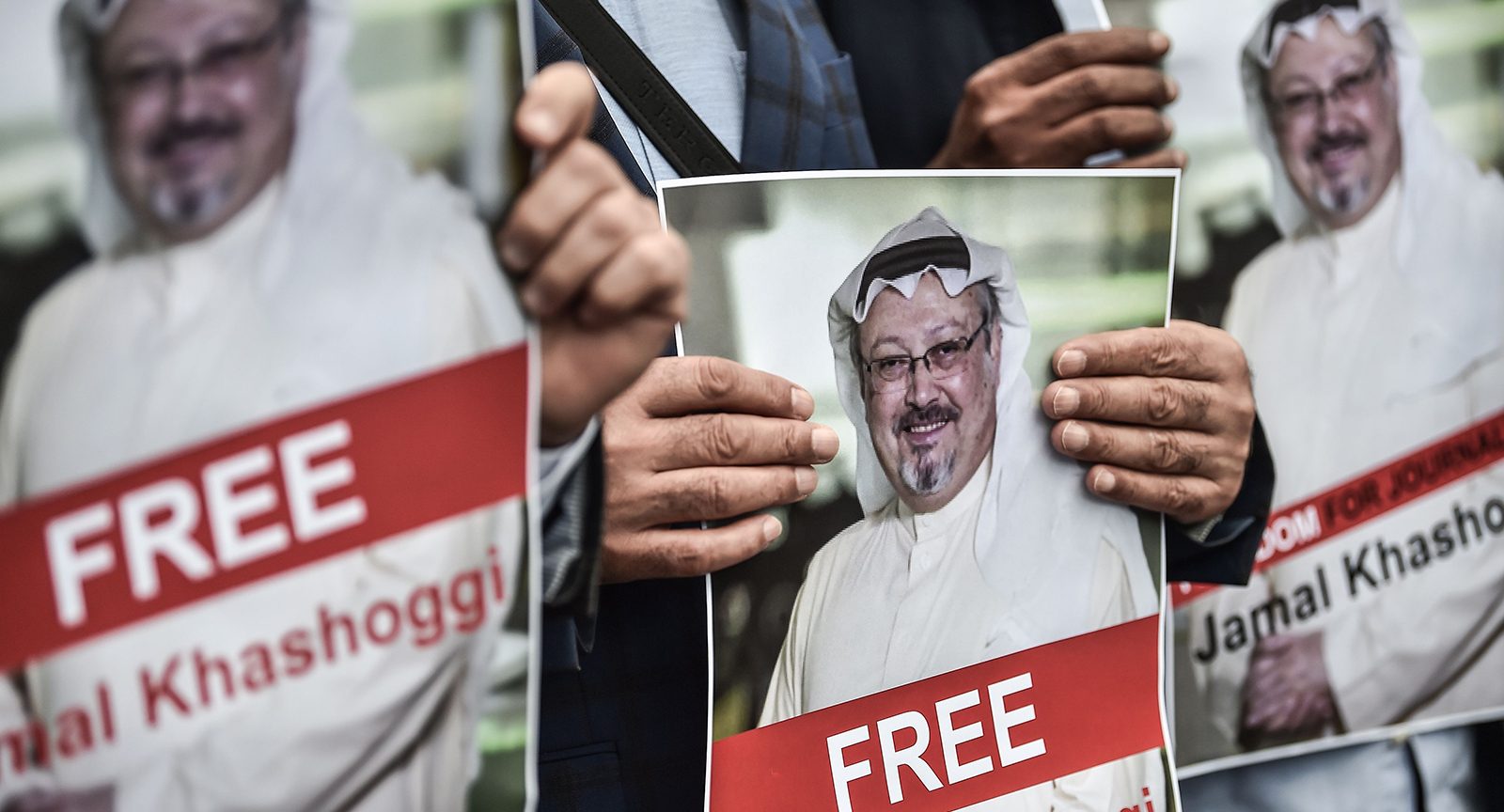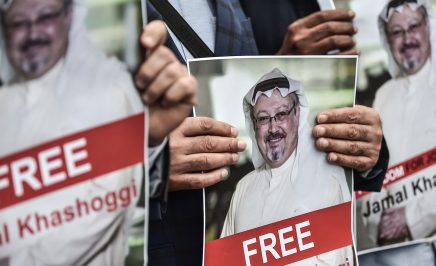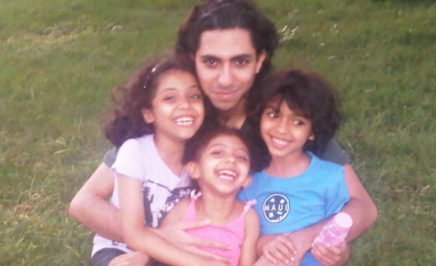Following the killing of journalist Jamal Khashoggi, Saudi Arabia is in the global spotlight once again.
Turkey’s President Erdogan said he believed the death of Jamal Khashoggi inside the Saudi Arabia consulate in Istanbul was a “savage murder”.
But Khashoggi’s killing is just the latest in a long line of violations to add to the Kingdom’s appalling human rights record.
1. Devastating war in Yemen
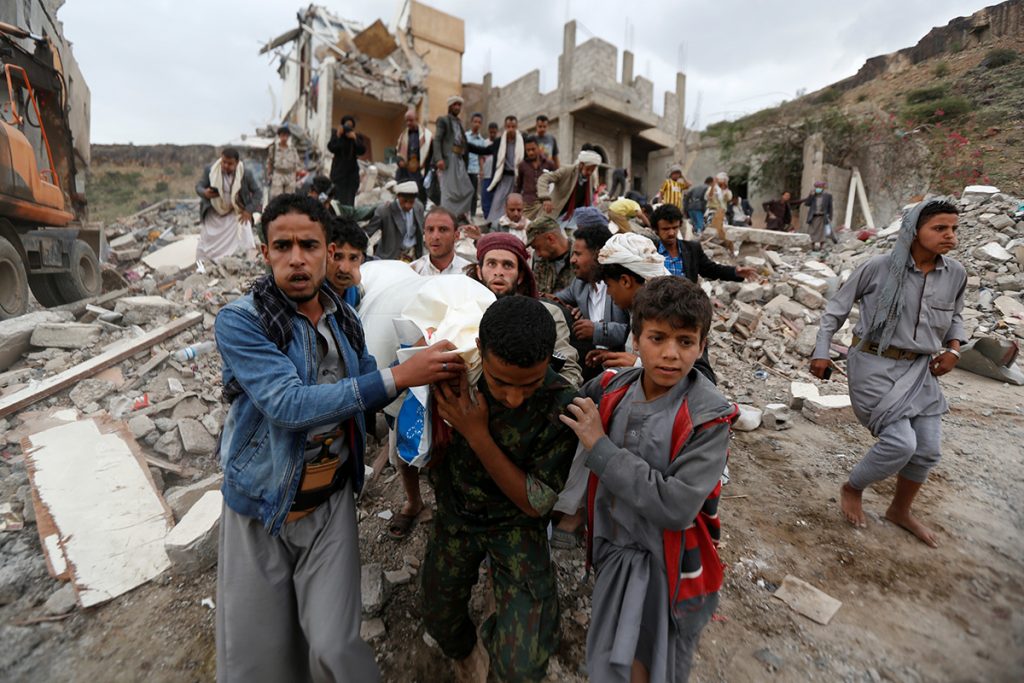
The Saudi Arabia-led coalition has contributed significantly to a war that has devastated Yemen for the last three-and-a-half years. Thousands of people have been killed, including children, in the bombing or shelling of hospitals, schools and homes. We have documented repeated human rights violations and war crimes. Despite this, countries including the US, UK and France continue to make lucrative arms deals with the Saudis.
2. Crackdown on activists, journalists and academics
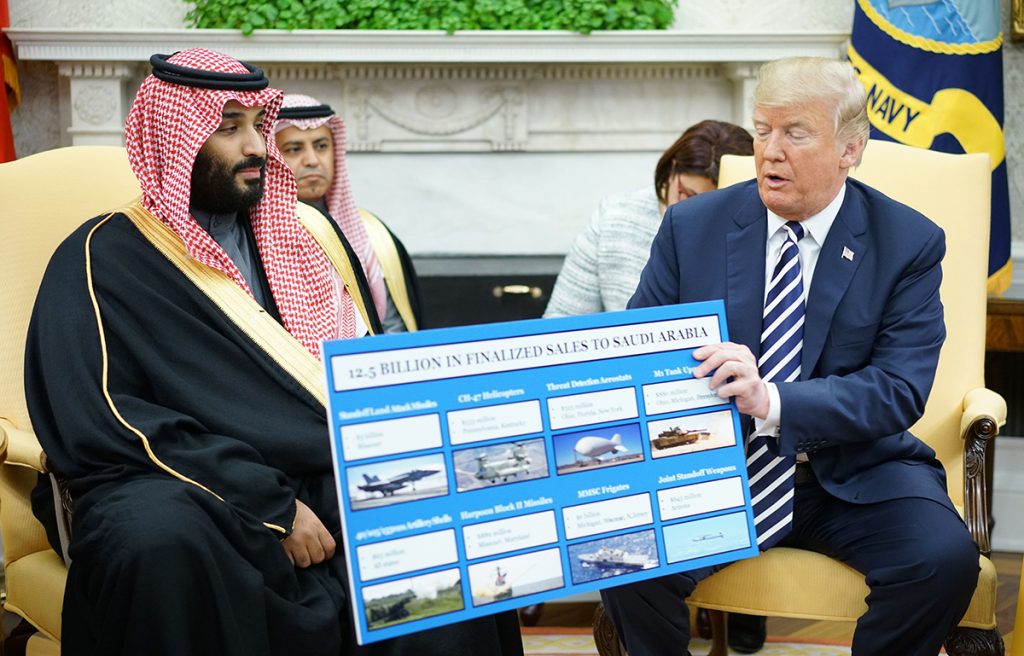
Since Crown Prince Mohammed bin Salman came to power in June 2017, many outspoken activists have been arrested or sentenced to lengthy prison terms simply for peacefully exercising their rights to freedom of expression, association and assembly. The authorities have targeted the small but vocal community of human rights defenders, including by using anti-terrorism and anti-cyber crime laws to suppress their activism that aims to expose and address human rights violations.
3. Arrests of women’s rights defenders

Earlier this year, a number of prominent women’s rights defenders were arrested in Saudi Arabia’s ongoing crackdown on the human rights community. Loujain al-Hathloul, Iman al-Nafjan and Aziza al-Yousef have all been held without charge since May. After their arrests, the government launched a chilling smear campaign to discredit them as “traitors”. They may face trial before a counterterror court and risk a lengthy prison sentence.
4. Executions
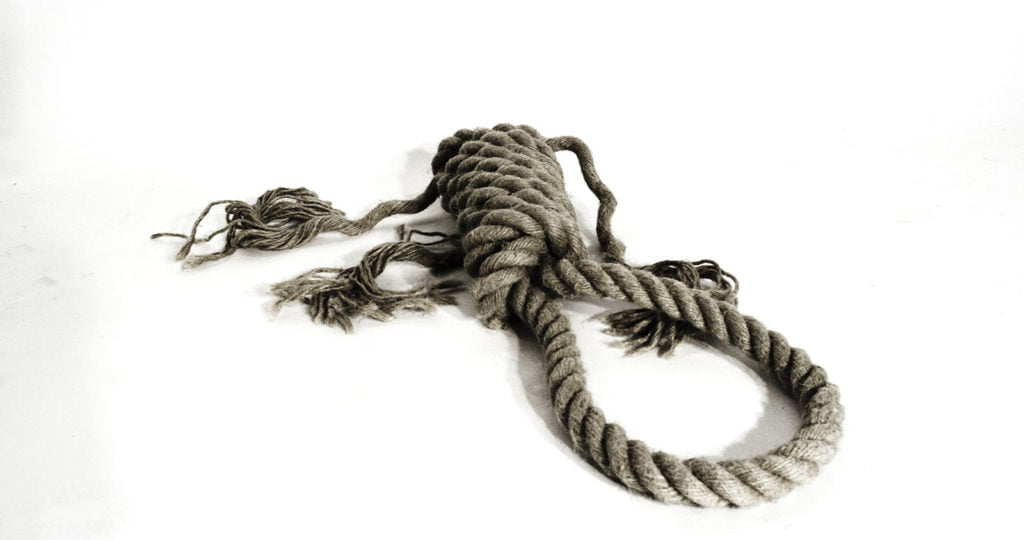
Saudi Arabia consistently ranks as one of the world’s top executioners, with dozens of people being put to death every year – many in gruesome public beheadings. The death penalty violates the right to life and is cruel, inhuman and degrading. There is no evidence anywhere in the world that the death penalty deters crime, yet Saudi Arabia continues to sentence people to death and execute them following grossly unfair trials. So far this year, Saudi Arabia has executed 108 people, almost half of them for drug-related offences.
5. Cruel punishments
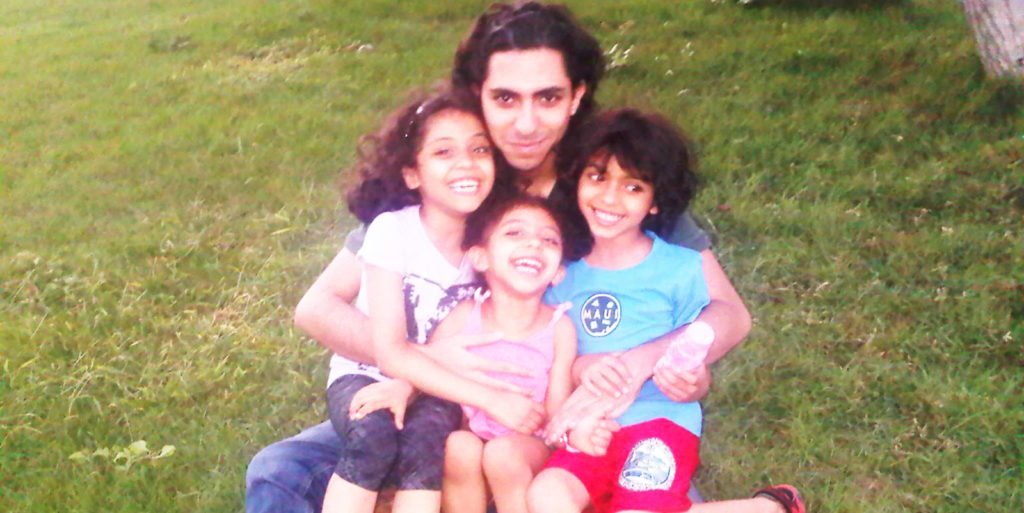
Saudi Arabia’s courts continue to impose sentences of flogging as punishment for many offences, often following unfair trials. Raif Badawi was sentenced to 1,000 lashes and 10 years in prison simply for writing a blog. Amputations and cross-amputations, which invariably constitute torture, are also carried out as punishment for some crimes.
6. Torture in custody
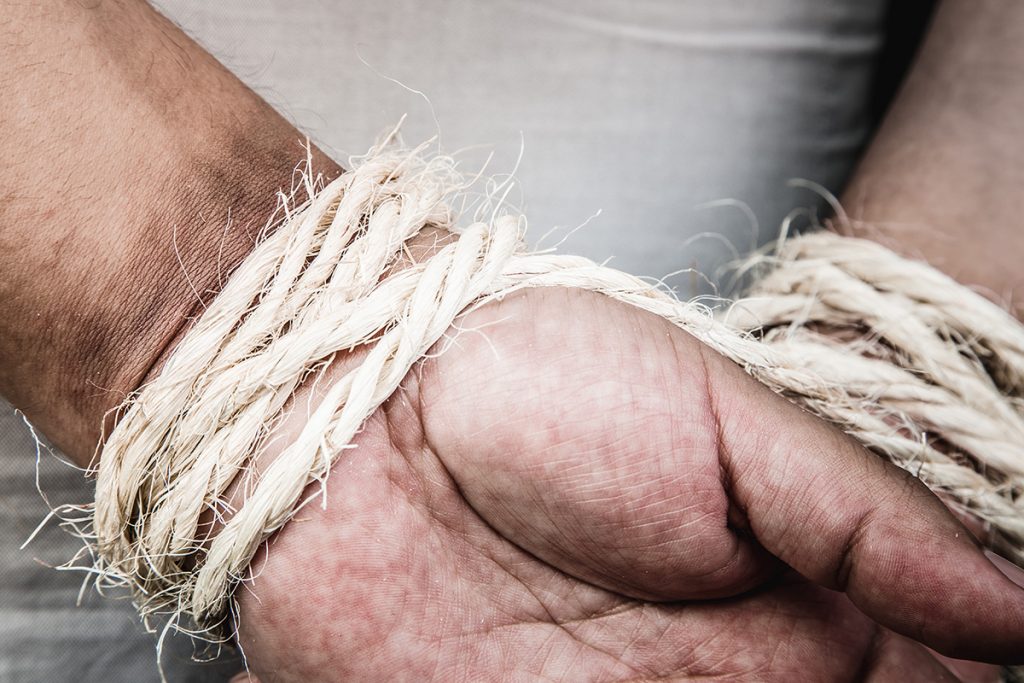
Close up shot of a mans hands tied up with thin rope or string. An anonymous man has his hands bound and tied up.
Former detainees, trial defendants and others have told us that the security forces’ use of torture and other ill-treatment remains common and widespread and that those responsible are never brought to justice.
7. Systematic discrimination against women
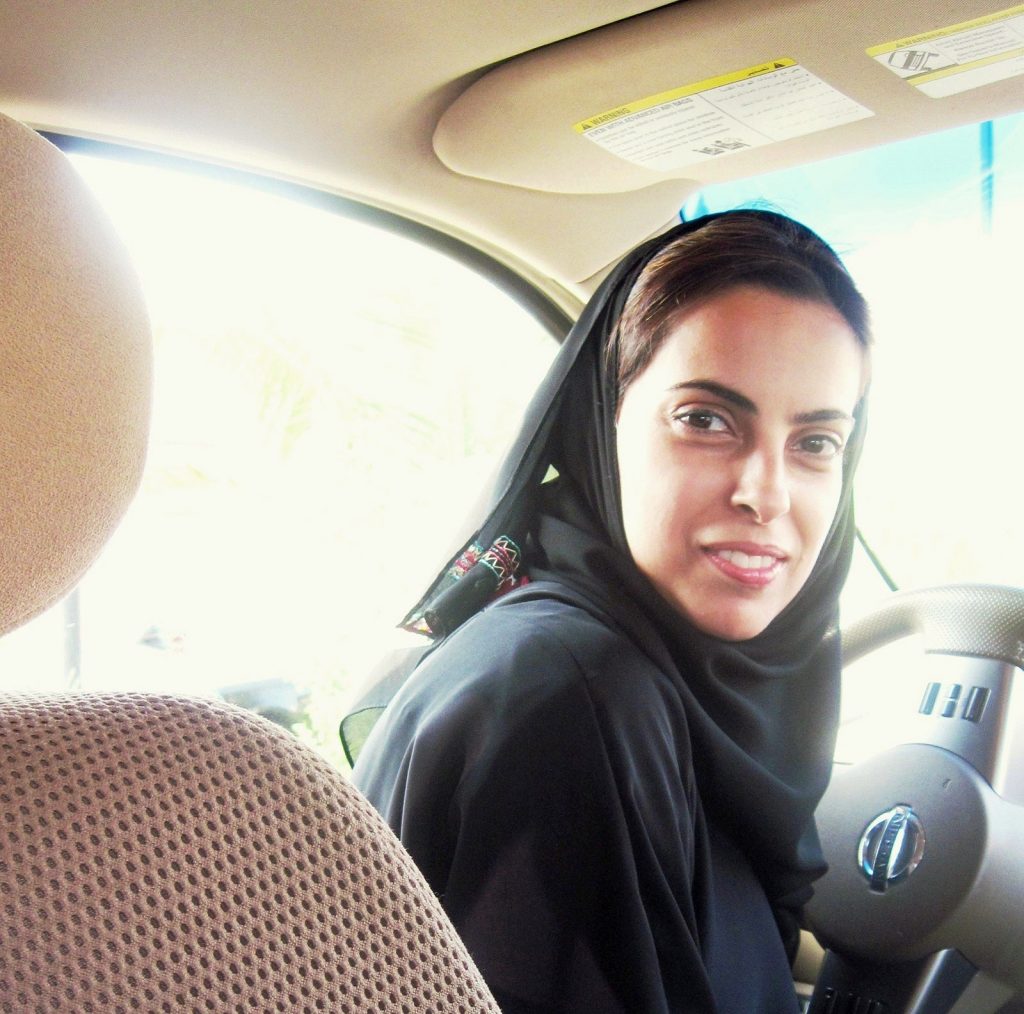
Women and girls still face entrenched discrimination in Saudi Arabia and are legally subordinate to men in relation to marriage, divorce, child custody, inheritance and other aspects. Under the guardianship system, a woman cannot make decisions on their own; instead, a male relative must decide everything on her behalf.
8. Religious discrimination
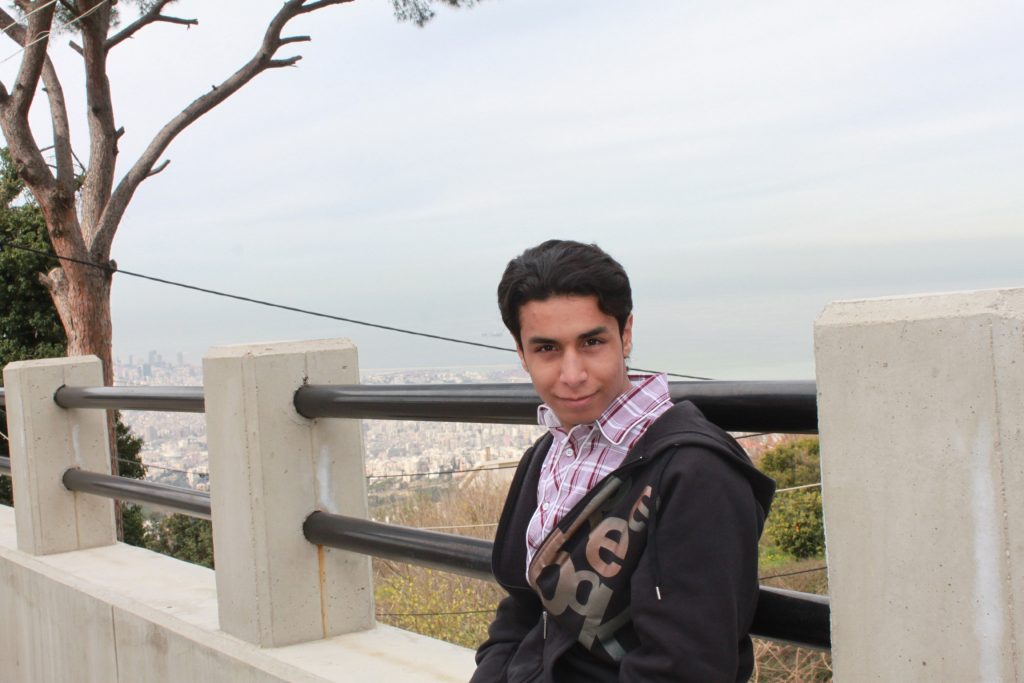
Members of the Kingdom’s Shi’a minority continue to face discrimination that limits their access to government services and employment. Scores of Shi’a activists have been sentenced to death or long prison terms for their alleged participation in anti-government protests in 2011 and 2012.
9. What happens in the Kingdom, stays in the Kingdom
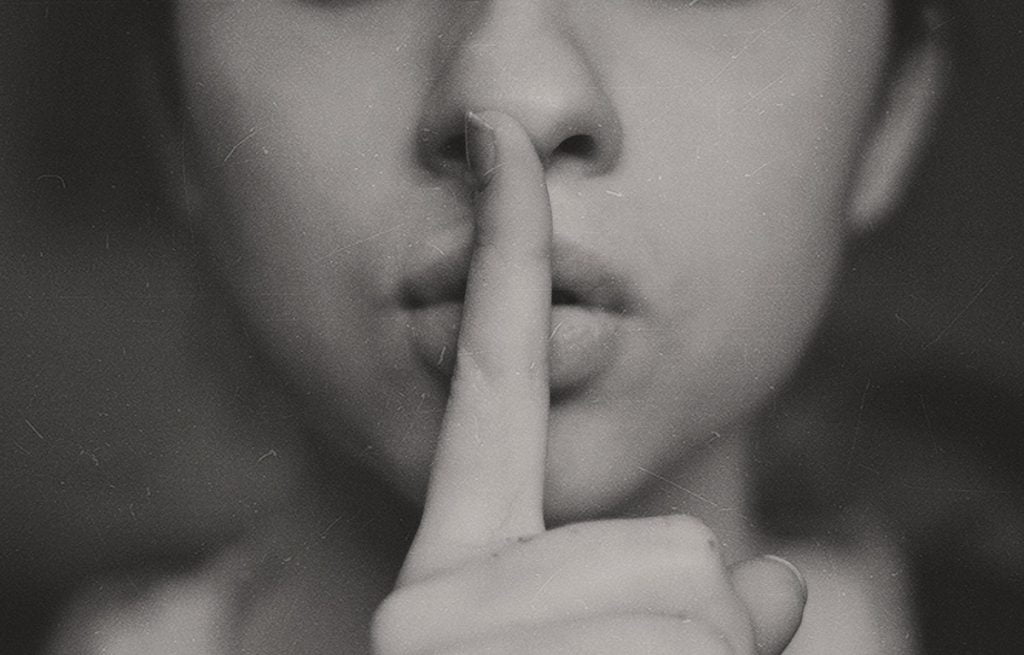
The Saudi Arabian authorities have been known to take punitive action, including through the courts, against peaceful activists and family members of victims who contact independent human rights organisations, such as Amnesty International, or foreign diplomats and journalists.
10. Jamal Khashoggi’s murder
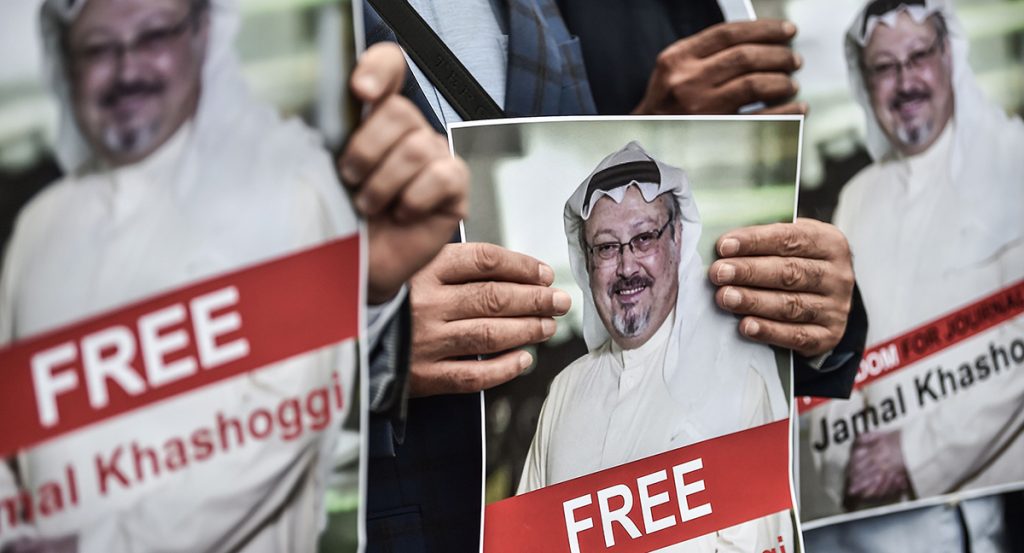
Following Jamal Khashoggi’s horrific killing, we are calling for the UN Secretary-General Antonio Guterres to establish a UN independent investigation into the circumstances surrounding Khashoggi’s execution, possible torture and any other crimes and violations committed in his case.
